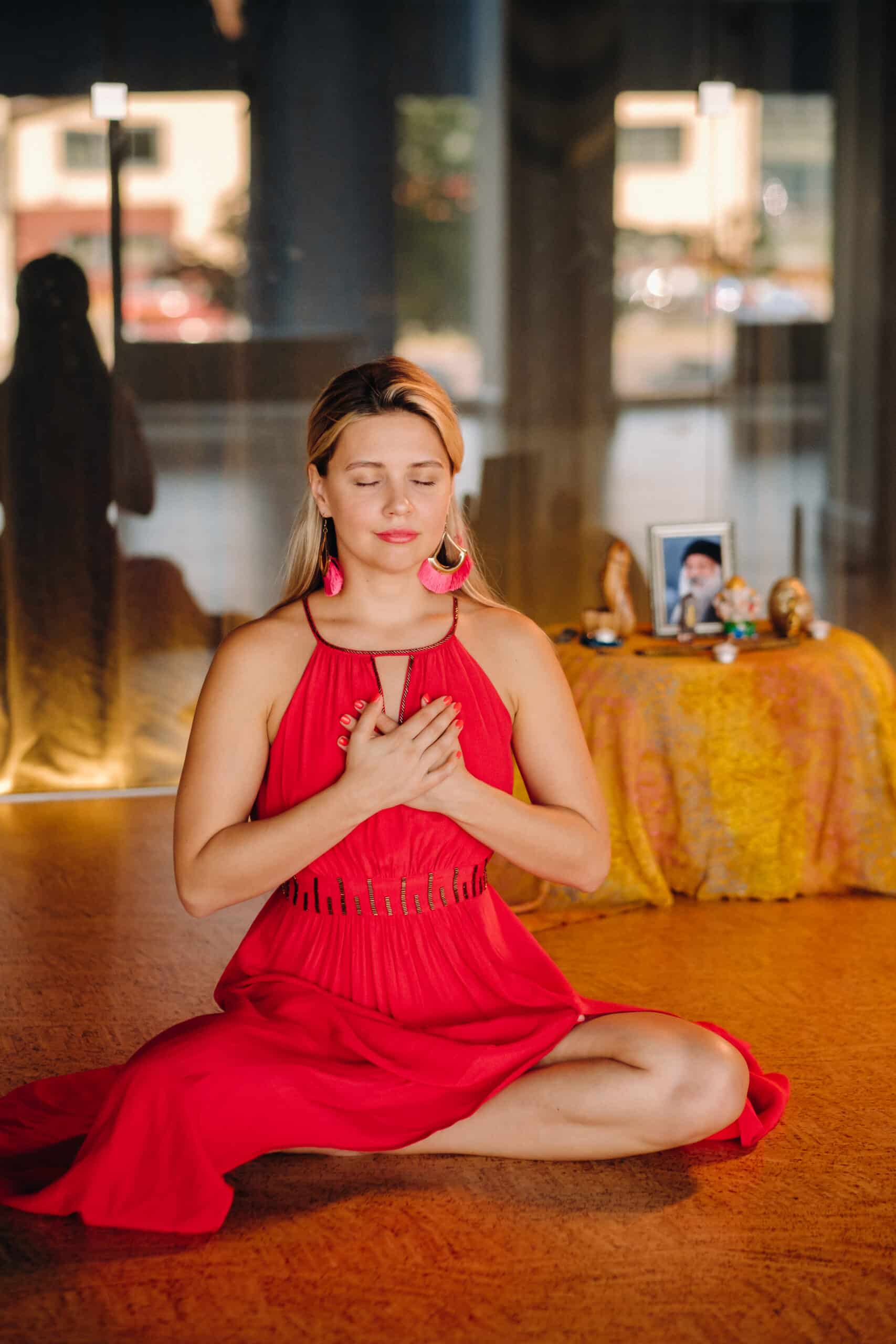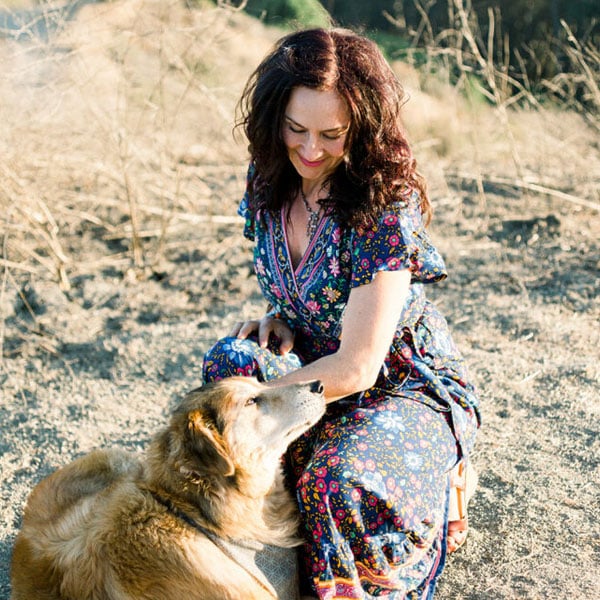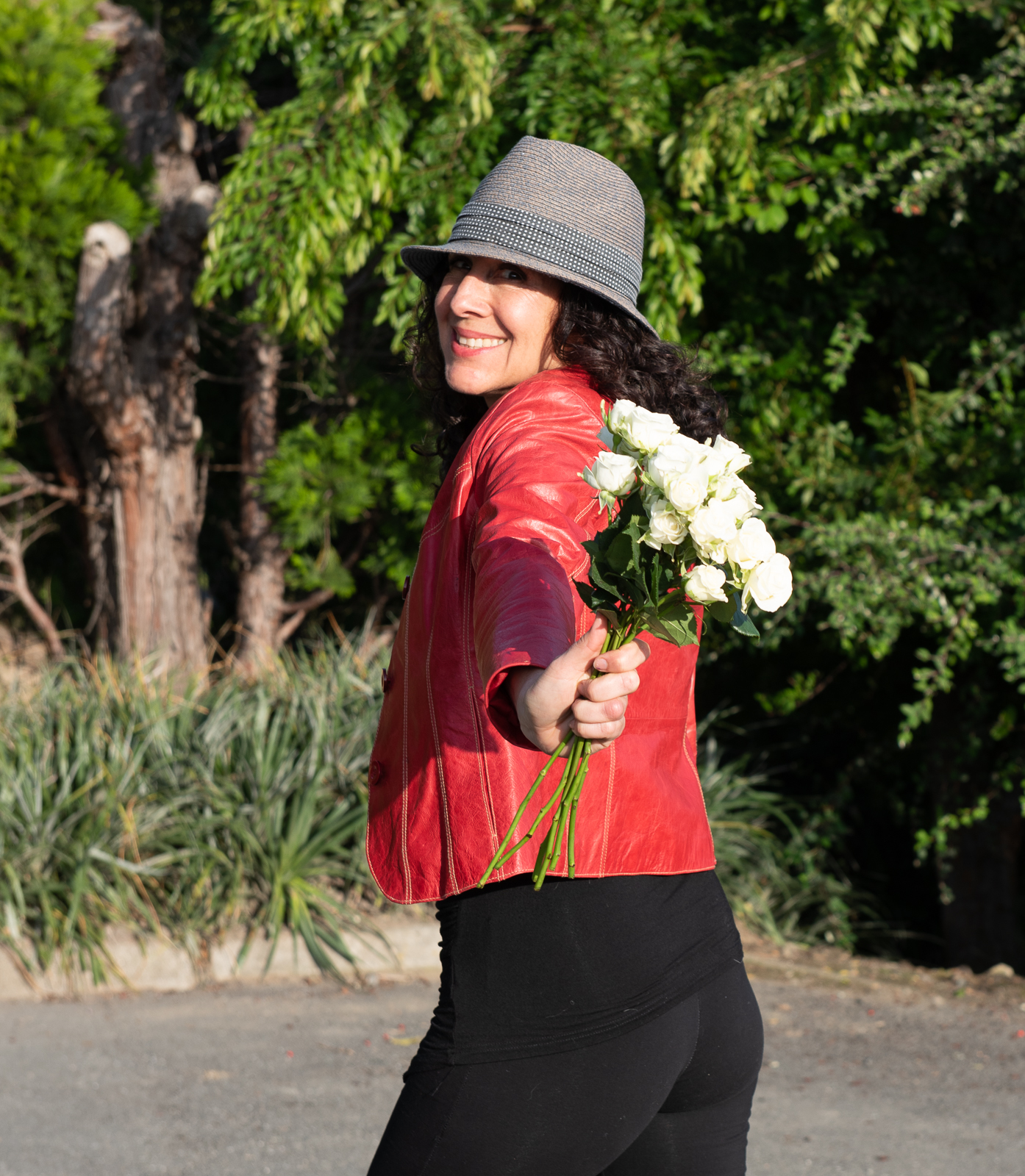Trauma Therapy
“Tell yourself stories that heal your soul. Practice self-talk soaked in honey.”
– Unkown
Are You Feeling Overwhelmed by Childhood Trauma, CPTSD, and Attachment Wounds?
Trauma Therapy and Healing Childhood Trauma

I’ve had the privilege of walking alongside loving souls, like you, who have faced unimaginable challenges. Please know that you are not alone, and I am here to support you on your healing journey. My approach is gentle and compassionate. I believe in your strength and resilience, and I am committed to helping you heal and thrive.
Childhood trauma is more common than you might think, and its effects can be profound. The wounds of trauma can leave deep scars, but they can also be a doorway to transformation and healing. By confronting the pain of your past, you can begin to rewire your mind, restore your sense of self, and rediscover your inner strength.
You are not defined by your trauma.
Healing from trauma is about more than just overcoming pain; it’s a journey of rediscovery. You’ll uncover joy, resilience, and a deeper connection to your true self. You’ll find your voice, embrace your inner strength, and reconnect with the parts of you that have been hidden away. As you heal your experiences will transform into a source of wisdom, compassion, and purpose.
Understanding CPTSD and Childhood Trauma
Complex Post-Traumatic Stress Disorder (CPTSD) arises from prolonged exposure to trauma, often during formative years. Unlike traditional PTSD, which is typically linked to a single traumatic event, CPTSD results from repeated and prolonged trauma. This can include various forms of abuse, neglect, or exposure to unstable environments during childhood. The effects of CPTSD are far-reaching, often manifesting as chronic anxiety, emotional numbness, and a pervasive sense of unworthiness. These symptoms can disrupt your ability to form healthy relationships, maintain steady employment, and enjoy everyday activities. The persistent sense of being in danger, even when you’re safe, can make it challenging to trust yourself and others, leaving you feeling isolated and misunderstood.
The Transgenerational Legacy of Trauma
Trauma isn’t just a personal burden; it can be passed down through generations. You might be carrying the emotional scars of your ancestors, manifesting as deeply ingrained beliefs of unworthiness, fear, and self-doubt. This transgenerational transmission of trauma can create a sense of disconnection and isolation, as if you’re living out patterns and emotions that aren’t entirely your own. You might find yourself blaming yourself for these feelings and patterns, holding onto the belief that “It’s my fault.”
Understanding what you’ve inherited can be enlightening and empowering. It allows you to let go of the belief that these struggles are your fault and recognize that these burdens have been passed down through generations. Healing these inherited wounds can help you break free from the cycle and reclaim your life. This process enables you to live authentically and honor the journey of healing for both yourself and past generations.
By addressing these deep-seated issues, you can transform your personal narrative and create a legacy of resilience and strength for future generations. Embracing this understanding helps you let go of self-blame and opens the door to profound healing and self-compassion.

Understanding the Weight of Over-Responsibility: A Trauma-Informed Perspective
Have you ever felt like you're carrying not just your own burdens but everyone else's as well? This tendency to take on too much, to bear the weight of others' problems, is often rooted in trauma, particularly childhood trauma. When we experience chaos or instability...

Using Your Voice to Heal Trauma Triggers: The VU Technique
We all have those moments when anxiety, overwhelm, or activation take hold, making us feel less than our best. The VU technique is a vocalization tool that can help you find calm in the midst of chaos in these moments. This practice finds its roots in the pioneering...

Responding to Triggers with Self-Love & Compassion
I want to share with you a practice that holds a special place in my heart. It’s a tender yet powerful way to befriend and care for yourself during those moments when you're triggered, struggling, or simply in need of some grounding and self-care. It’s a compass for...
The Brain and Trauma: Why a Holistic Approach is Effective
Trauma affects the brain in profound ways, disrupting normal functioning and creating patterns of fear and survival that are hard to break. When you experience trauma, your brain’s alarm system, the amygdala, becomes overactive, constantly signaling danger even when none exists. This can lead to a state of chronic hyperarousal, where you feel on edge and unable to relax. Trauma can also impair the functioning of the prefrontal cortex, the part of the brain responsible for rational thinking and decision-making, making it hard to process emotions and plan for the future.
A holistic approach to trauma therapy is effective because it addresses you as a whole person—mind, body, and spirit. This “bottom-up” approach works by engaging the body and emotions first, helping to calm the nervous system and create a sense of safety before addressing thought patterns. Techniques like somatic therapy, mindfulness, EMDR, Brainspotting, inner child parts work and expressive arts therapy help to soothe and restore balance to the nervous system, making it easier to process traumatic memories.

Expressive Arts Therapy
- Creativity as Healing: Expressive arts therapy is an approach that uses creative expression, such as art-making, creative writing, and other forms of self-expression, to gain insights and explore emotional experiences.
- Self-Expression: This approach helps you to express feelings that are difficult to express. It provides a safe space for you to release stored emotions, and connect to a sense of self-empowerment. Learn more here.
Somatic Therapy
- Body Awareness: Your body holds the keys to unlocking deep-seated trauma and tension. Through body awareness practices, gentle movement, breathwork, and mindfulness, we’ll reconnect with your body, releasing stored emotions and restoring inner balance.
- Grounding Techniques: This body-based approach helps you feel more grounded and present, providing tools to manage anxiety and stress in everyday life.
Neuroscience-Backed Approaches
-
EMDR: Using eye movement to access the subcortical part of the brain, EMDR (Eye Movement Desensitization and Reprocessing) rewires neural pathways and processes traumatic memories, supporting profound healing and resolution. Learn more here.
-
Brainspotting: Brainspotting also uses eye movement to access the subcortical part of the brain, unlocking and processing traumatic memories in a unique and powerful way, leading to deep healing and transformation. Learn more here.
Inner Child Parts Healing
- Inner Child Parts Work: Helps you heal, reparent, and attune to your inner child, integrating their needs for deep emotional healing and inner peace.
My Unique Approach
As someone who has always been passionate about holistic healing, I integrate a variety of therapeutic techniques to create a unique and comprehensive approach to trauma therapy. My background and training allow me to offer a compassionate, empathetic space where you can safely explore your emotions and experiences.
I personalize my approach based on what works best for you, using a mix of approaches, including expressive arts therapy, mindfulness, inner child healing, and body-based/somatic techniques. I also incorporate neuroscientific methods, like EMDR and Brainspotting, to help bridge the gap between the brain, body, and emotions.

A Joyful, Playful, and Life-Changing Approach to Healing
While the process of addressing trauma is deep and significant, it can also be joyful, playful, and ultimately fulfilling. I know from experience that healing doesn’t have to be a solemn, daunting task; it can be an adventure of self-discovery and creativity. By incorporating elements of play and joy, we create a space where it’s safe to explore and express, where laughter and tears can coexist, and where profound healing can occur in the most unexpected moments. May our work together be a sanctuary for your soul, a spark for your imagination, and a bridge to your most radiant, unapologetic self.
What is the difference between traditional talk therapy and holistic trauma therapy?
Q: What if I struggle to open up or feel uncomfortable sharing my experiences?
Can I expect to experience emotions or memories during our sessions?
How long will our therapy journey take, and what can I expect along the way?
What kind of growth or transformation can I expect from our therapy work?
Can therapy sessions be customized to my needs?
Begin Your Transformative Journey Today
Book a free consultation today, and let’s explore how holistic trauma therapy can help you reclaim your life and discover new possibilities for joy and fulfillment. You can also dive into my blog for more insights and resources on trauma healing and more.
Feel free to reach out if you have any other questions or want to learn more about this transformative approach. I’m here to support you every step of the way.

